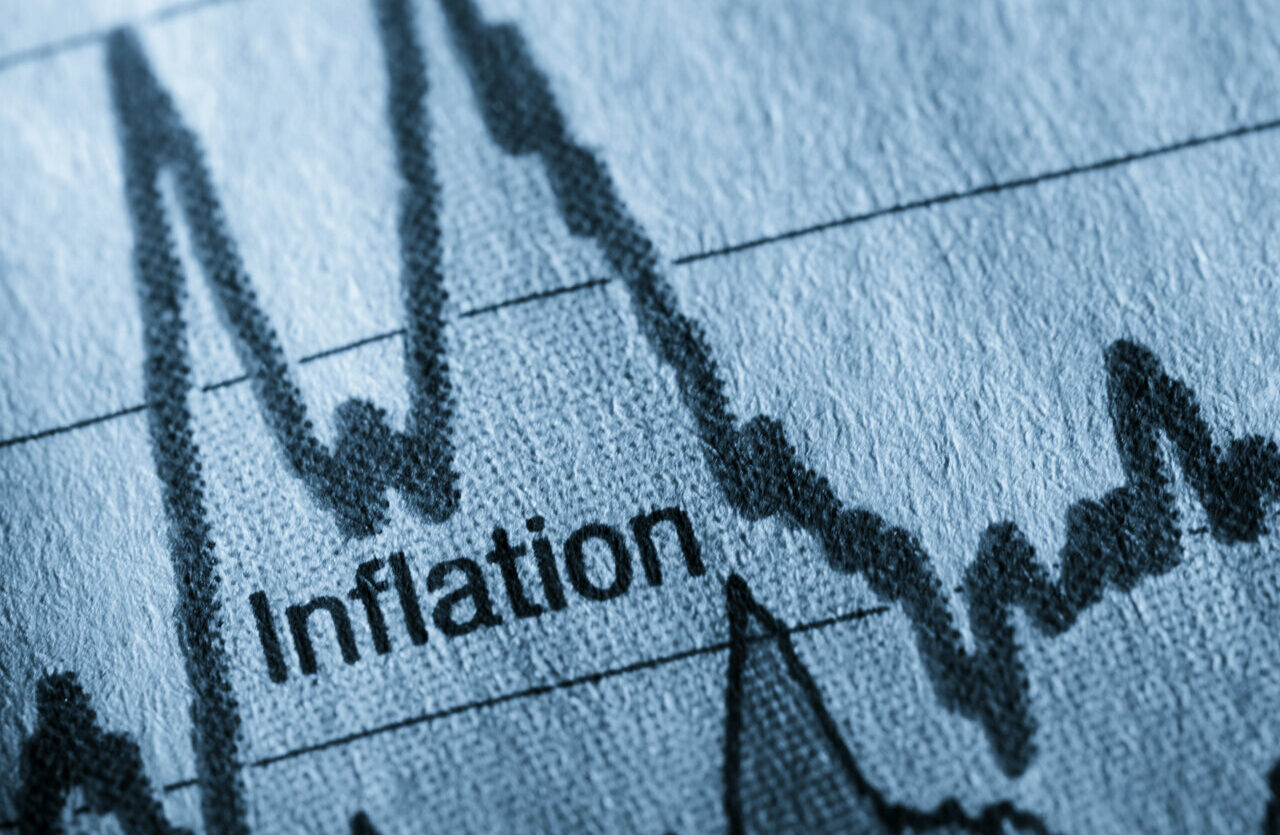Here are the effects of inflation

Despite the redirection of consumption from goods to services and the absence of new transfers to US households, inflation will realistically remain a persistent problem until next year. Comment by Jeffrey Cleveland, Chief Economist of Payden & Rygel
The main cause of the current inflation surge has been the unprecedented demand from US consumers in the aftermath of the pandemic. Covid has in fact resulted in a transfer to US households of approximately 2,500 billion dollars, with a consequent increase in imports to levels 20-25% higher than the pre-pandemic trend, which has affected the global economy through the pressure on supply chains. In the absence of another round of transfers to US households, this pressure should therefore reverse.
The current redirection of US consumer per capita spending from goods to services, such as air travel and hotels, should lead to a decline in inflation levels globally.
However, realistically, inflation will be a persistent problem throughout this and next year. A good hedge against inflation is commodities, particularly metals, so if inflation were to peak, enthusiasm for this asset class should also be reduced.
Investing in bonds will make sense again if central banks manage to keep inflation under control by the end of 2022, bringing it back to more normal levels, albeit perhaps slightly higher than those we have seen in recent years.
In our view, investors are not ready to give up on bonds, which began to act more as a diversification tool in portfolios in May, moving positively when equities fell. From this point of view, rising bond yields globally means that the benefits of diversification are set to persist.
Raising rates means reducing growth prospects, but Central Banks must maintain their credibility on the inflation issue, because this has allowed a “bull” bond market for 30 years. The bond markets are still trying to get their bearings, trying to figure out whether central banks will be able to cope with inflation or there will be missteps that will harm the economy.
Our base case is that central banks are successful in keeping inflation in check. Meanwhile, the new inflationary scenario has been reflected in an increase in government bond yields in all sectors: the German Bund yield curve is also positive, along its entire length, ranging from 40 bps in the short part to over. 1% at 10 years, at the end of May. Meanwhile, 10-year US Treasury yields rose more than 3%.
Fixed income assets that are particularly sensitive to interest rates, such as longer-dated government bonds and investment-grade companies, have come under pressure. Assets less sensitive to interest rates held up well: high yield, floating rate securitized securities and leveraged loans performed well versus longer-dated assets.
The threat of an economic recession, in the face of rising inflation, cannot fail to evoke the stagflation of the 1970s. This is certainly not an ideal scenario, with GDP growth expectations for next year revised downwards and inflation expectations revised upwards.
Managers closely monitor corporate earnings to determine future trends and the risk of margins compressing significantly, resulting in problems of increased leverage, reduced interest coverage ratios and deterioration in overall credit quality. The dispersion is greater and we need to focus on stock picking and observation of corporate earnings.
This is a machine translation from Italian language of a post published on Start Magazine at the URL https://www.startmag.it/economia/cosa-fara-inflazione-2/ on Sat, 06 Aug 2022 05:16:24 +0000.
